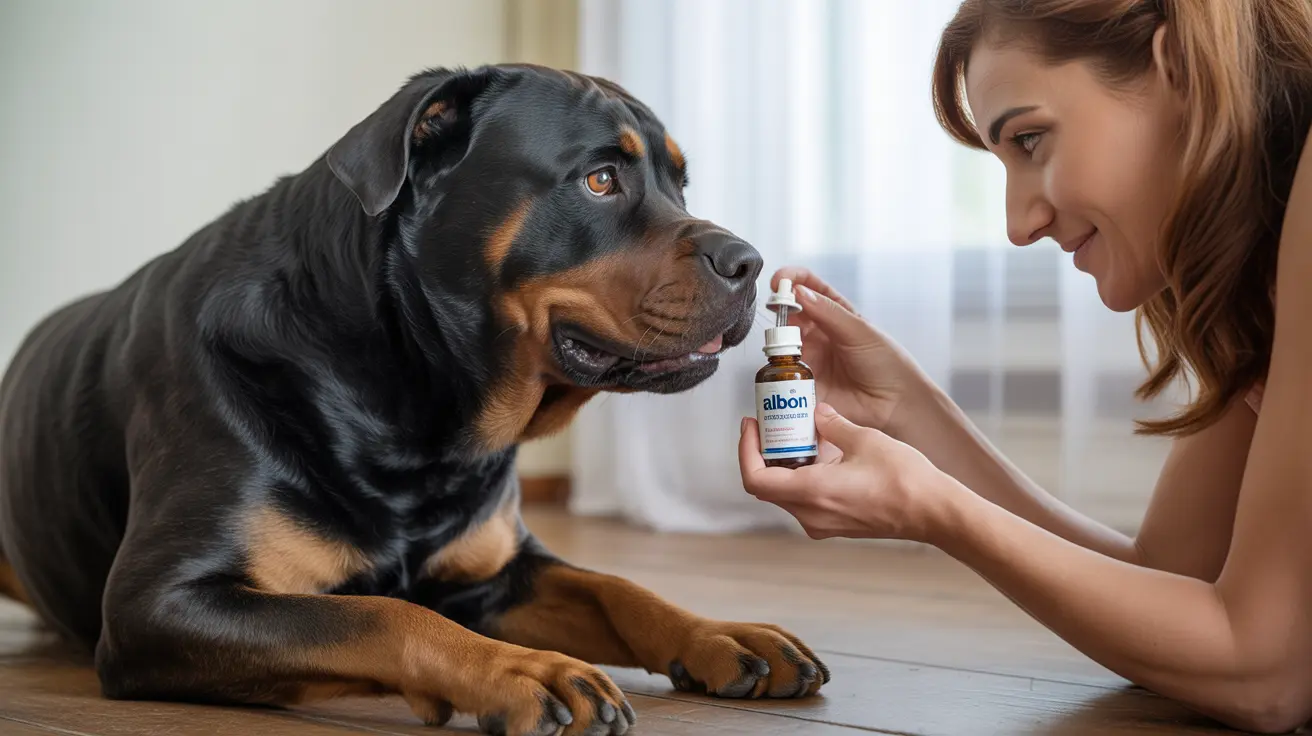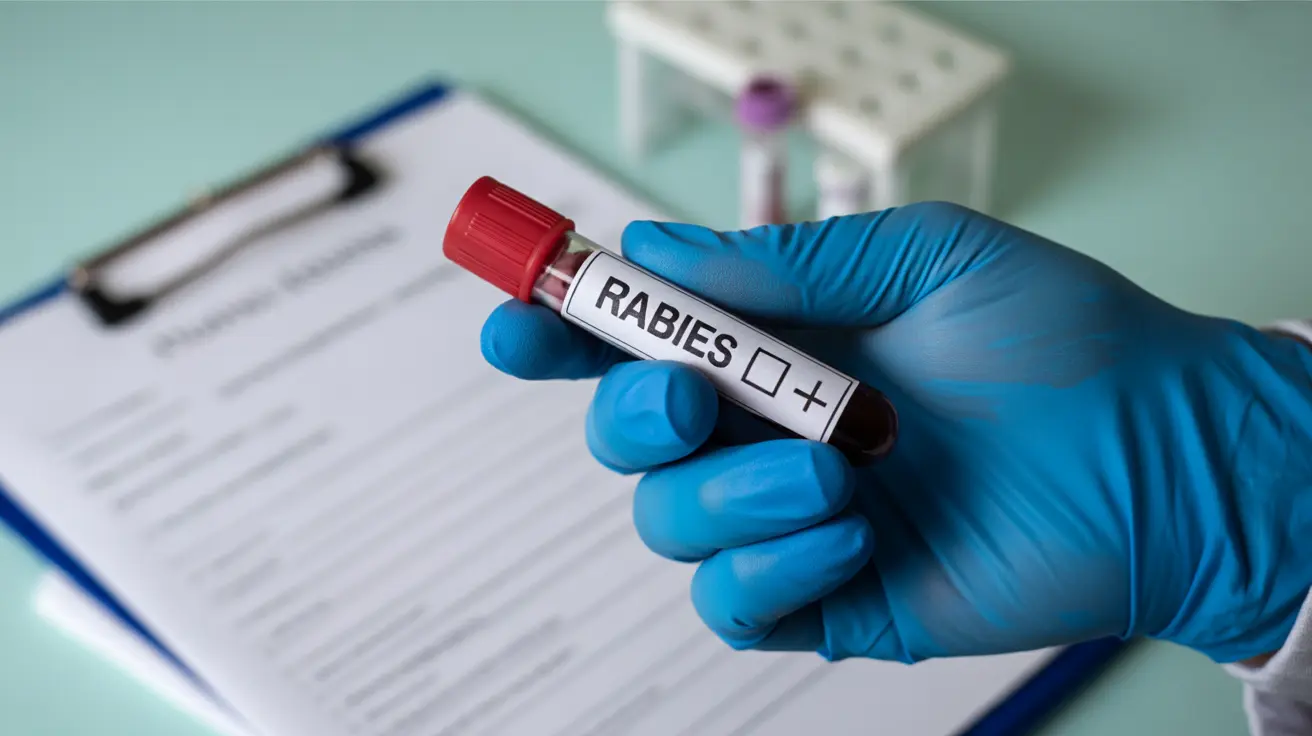If your veterinarian has prescribed Albon for your dog, understanding its potential side effects is crucial for ensuring your pet's safety and well-being. Albon (sulfadimethoxine) is a widely prescribed antibiotic that treats various bacterial and protozoal infections in dogs, particularly coccidiosis. While generally safe and effective, being aware of possible adverse reactions can help you monitor your pet's response to treatment.
What is Albon and How Does It Work?
Albon is a sulfonamide antibiotic that works by preventing harmful bacteria and protozoa from producing folic acid, which they need to survive and multiply. This medication is particularly effective against coccidia parasites and various bacterial infections affecting the respiratory system, urinary tract, and gastrointestinal system.
The medication comes in different forms, including tablets and oral suspension, making it versatile for treating dogs of various sizes and conditions.
Common Side Effects of Albon in Dogs
While most dogs tolerate Albon well, some may experience mild side effects during treatment:
- Decreased appetite
- Mild gastrointestinal upset
- Vomiting
- Diarrhea
- Lethargy
These reactions are typically mild and often resolve on their own as your dog's body adjusts to the medication. However, monitoring your pet's response during the first few days of treatment is essential.
Serious Side Effects to Watch For
Allergic Reactions
Some dogs may develop allergic reactions to Albon, which can include:
- Facial swelling
- Hives
- Difficulty breathing
- Severe itching
- Joint pain or fever
Organ-Related Complications
Less common but more serious side effects may include:
- Liver dysfunction
- Kidney problems
- Blood disorders
- Keratoconjunctivitis sicca (dry eye)
- Crystalluria (crystals in urine)
Minimizing Risk and Ensuring Safe Treatment
To reduce the risk of side effects and ensure successful treatment:
- Ensure your dog has constant access to fresh water
- Follow dosing instructions precisely
- Complete the full course of medication
- Monitor your dog's eating, drinking, and bathroom habits
- Watch for any unusual behavior or symptoms
When to Contact Your Veterinarian
Seek immediate veterinary attention if your dog shows:
- Signs of allergic reaction
- Severe vomiting or diarrhea
- Yellowing of eyes or gums
- Difficulty urinating
- Excessive lethargy or weakness
Frequently Asked Questions
What are the common and serious side effects of Albon in dogs?
Common side effects include decreased appetite, vomiting, and diarrhea. Serious side effects can include allergic reactions, dry eye, kidney problems, and blood disorders.
How can I tell if my dog is having an allergic reaction to Albon?
Watch for facial swelling, hives, difficulty breathing, severe itching, or unusual lethargy. These symptoms require immediate veterinary attention.
What precautions should I take when giving my dog Albon to minimize side effects?
Ensure your dog stays well-hydrated, follow dosing instructions exactly, and monitor for any adverse reactions. Never skip doses or stop treatment early without veterinary approval.
Can Albon cause dry eye (keratoconjunctivitis sicca) in dogs, and how is it treated?
Yes, Albon can cause dry eye, particularly with prolonged use. If diagnosed, your veterinarian may prescribe artificial tears or other medications to manage the condition.
Are there any dog breeds or health conditions that increase the risk of Albon side effects?
Dogs with liver or kidney disease, elderly dogs, and those with known sulfa drug sensitivities may be at higher risk for side effects. Some breeds may also be more sensitive to sulfa drugs.
Understanding Albon's side effects helps ensure safe and effective treatment for your dog. Always consult your veterinarian with specific concerns about your pet's medication response, and never adjust dosing without professional guidance.






